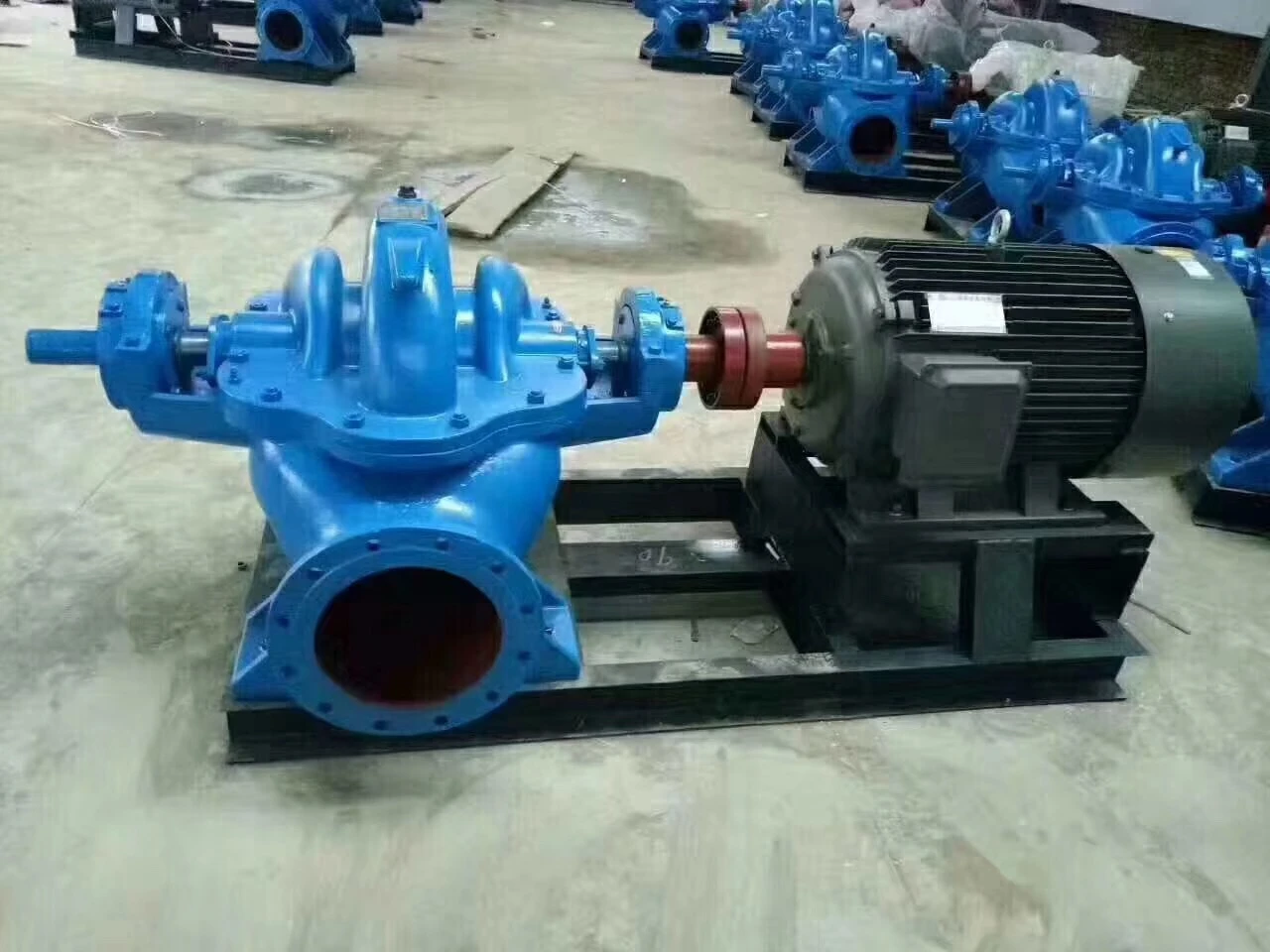English
- Afrikaans
- Albanian
- Amharic
- Arabic
- Armenian
- Azerbaijani
- Basque
- Belarusian
- Bengali
- Bosnian
- Bulgarian
- Catalan
- Cebuano
- Corsican
- Croatian
- Czech
- Danish
- Dutch
- English
- Esperanto
- Estonian
- Finnish
- French
- Frisian
- Galician
- Georgian
- German
- Greek
- Gujarati
- Haitian Creole
- hausa
- hawaiian
- Hebrew
- Hindi
- Miao
- Hungarian
- Icelandic
- igbo
- Indonesian
- irish
- Italian
- Japanese
- Javanese
- Kannada
- kazakh
- Khmer
- Rwandese
- Korean
- Kurdish
- Kyrgyz
- Lao
- Latin
- Latvian
- Lithuanian
- Luxembourgish
- Macedonian
- Malgashi
- Malay
- Malayalam
- Maltese
- Maori
- Marathi
- Mongolian
- Myanmar
- Nepali
- Norwegian
- Norwegian
- Occitan
- Pashto
- Persian
- Polish
- Portuguese
- Punjabi
- Romanian
- Russian
- Samoan
- Scottish Gaelic
- Serbian
- Sesotho
- Shona
- Sindhi
- Sinhala
- Slovak
- Slovenian
- Somali
- Spanish
- Sundanese
- Swahili
- Swedish
- Tagalog
- Tajik
- Tamil
- Tatar
- Telugu
- Thai
- Turkish
- Turkmen
- Ukrainian
- Urdu
- Uighur
- Uzbek
- Vietnamese
- Welsh
- Bantu
- Yiddish
- Yoruba
- Zulu
Telephone: +86 13120555503
Email: frank@cypump.com
Oct . 02, 2024 06:39 Back to list
High Demand Centrifugal Pipeline Pumps for Efficient Fluid Transfer Solutions
Exploring the Hot Sale Pipeline Pump A Deep Dive into Centrifugal Pumps
In the realm of industrial pumping solutions, the pipeline pump has emerged as a critical component, particularly in applications requiring efficient fluid transfer over varying distances. Among several types, centrifugal pumps have gained prominence due to their reliability, versatility, and efficiency. This article delves into the features, benefits, and considerations of using high-demand centrifugal pumps in pipeline applications.
What is a Centrifugal Pump?
A centrifugal pump is a mechanical device that uses rotational energy, typically from a rotating impeller, to move fluids. This type of pump is characterized by its simple design and operational efficiency. The basic operation involves drawing fluid into the pump through a suction inlet and then impelling it outward by converting rotational energy into kinetic energy, which results in the flow of the fluid.
Characteristics of Pipeline Centrifugal Pumps
- Efficiency One of the foremost advantages of centrifugal pumps is their high efficiency in moving liquids through pipelines. They can handle large volumes of fluid, making them ideal for applications in water supply, chemical processing, and oil transportation.
- Low Maintenance Pipeline centrifugal pumps are designed for durability and ease of maintenance. With fewer moving parts compared to other pump types, they require less frequent servicing, which translates to lower operational costs.
- Versatility These pumps are capable of handling various fluids, including water, oil, and more viscous liquids, depending on the materials they are constructed from. This versatility makes them suitable for diverse industries, from agriculture to heavy manufacturing.
- Modularity Many centrifugal pumps can be tailored to meet specific application needs. Different impeller designs, sizes, and materials can be selected based on the nature of the fluid and the desired flow rate.
Applications of Centrifugal Pumps in Pipeline Systems
Centrifugal pumps are widely utilized across multiple sectors
hot sale pipeline pump centrifugal pump

2. Oil and Gas Industry These pumps are pivotal in the transportation of crude oil and refined products through pipelines. Their design can handle materials at varying viscosities and pressures.
3. Chemical Processing In the chemical industry, centrifugal pumps facilitate the movement of hazardous and non-hazardous fluids within processing plants.
4. Food and Beverage Production Sanitary centrifugal pumps are specifically designed for the food and beverage industry, complying with stringent safety and hygiene standards.
Factors to Consider When Choosing a Centrifugal Pump
When selecting a pipeline centrifugal pump, several factors should be taken into account
- Flow Rate and Head Understanding the required flow rate and head (the height the fluid needs to be lifted) is critical in selecting the appropriate pump size and type.
- Fluid Characteristics The chemical composition, temperature, and viscosity of the fluid will dictate the materials of construction and design of the pump.
- Energy Efficiency Given the operational costs associated with running pumps, it is essential to assess the energy efficiency ratings of different centrifugal pumps to ensure long-term savings.
- Installation and Maintenance Requirements Consider the space available for installation and the maintenance accessibility of the pump.
Conclusion
Centrifugal pipeline pumps play a vital role in modern industrial applications, offering unmatched efficiency and reliability for fluid transfer. Their versatile design and the capability to adapt to various environments make them a go-to solution for many industries. By understanding the characteristics and applications of these pumps, businesses can make informed decisions that enhance productivity and maintain cost-effectiveness in their operations. Investing in high-quality centrifugal pumps is not just about immediate needs but also about ensuring sustainable operation in the long run.
-
ISG Series Vertical Pipeline Pump - Chi Yuan Pumps Co., LTD.|Advanced Hydraulic Design&Energy-Efficient Solutions
NewsJul.30,2025
-
ISG Series Vertical Pipeline Pump - Chi Yuan Pumps Co., LTD.
NewsJul.30,2025
-
ISG Series Vertical Pipeline Pump - Chi Yuan Pumps Co., LTD.|energy-efficient fluid handling&industrial durability
NewsJul.30,2025
-
ISG Series Vertical Pipeline Pump - Chi Yuan Pumps | Advanced Engineering&Industrial Efficiency
NewsJul.30,2025
-
ISG Series Pipeline Pump - Chi Yuan Pumps | High Efficiency, Energy Saving
NewsJul.30,2025
-
ISG Series Vertical Pipeline Pump-Chi Yuan Pumps|High Efficiency&Reliable Performance
NewsJul.29,2025










